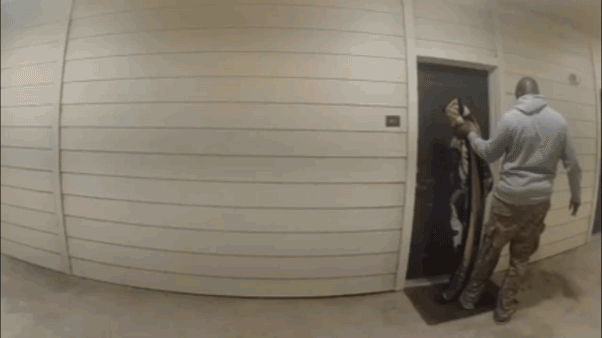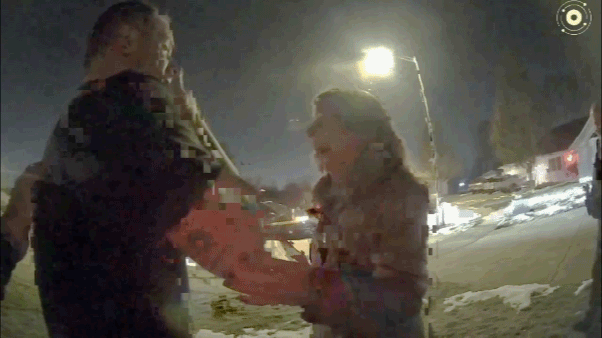SALT LAKE CITY – A Burmese refugee found guilty of killing a 7-year-old girl from his Utah neighborhood was badgered by a police interpreter into acknowledging an accidental role in the girl's death and his conviction should be overturned, his lawyer argued before the Utah Supreme Court on Friday.
Esar Met, now 29, was new to the country and had a deep fear of authorities after the destruction of his home village and experience in refugee camps, making him particularly vulnerable to the aggressive volunteer interpreter who also mangled the reading of his Miranda rights, said attorney Herschel Bullen.
"He was treated very roughly, he's frightened of authority to start with, he's in a brand new country," he said.
While prosecutors acknowledged problems with the interpreter, they say the conviction should stand. The basic elements of Met's story made it through the language barrier and pointed out that the judge tossed out the full police interview at trial, said Assistant Attorney General John Nielsen.
The trial judge did decide she would allow parts of it to come in if Met decided to testify, and his lawyer argued that decision helped keep the defendant off the stand.
Justice Deno Himonas was skeptical.
"There's not a shred of evidence now that your client was going to testify inconsistent with what he said at his confession," he said. "We should do the trial all over again just on the possibility that he might?"
No deadline was immediately set for the high court to rule in the case.
Authorities say Met kidnapped, raped and killed Hser Ner Moo, a child refugee who had fled to the U.S. with her parents.
Her battered, tiny body was found inside the South Salt Lake apartment he shared with four other Burmese men.
Prosecutors called it a sexual assault that escalated into a killing when the girl tried to run away, and said that 21 blows to the child's body and signs of strangulation show he intended to kill her.
Met had been in the U.S. just a month. He said at a 2014 sentencing hearing that he loved the girl and played with her, and he was at his aunt and uncle's house when she was killed.
His lawyers also argue that trial Judge Judith Atherton blundered when she handed down a prison sentence of life without parole in the case. Bullen argued that the proper starting place for sentencing was a lighter 20 years to life, and that the decision should have been left to the jury since the aggravated murder charge originally carried the possibility of the death penalty.
The defense has also brought up what they call problems with the evidence, including an apparent drop of blood that wasn't investigated but could have implicated his roommates.
But the state contends there is overwhelming evidence against Met, including her blood on his jacket and male DNA found under the girl's fingernails. Tests found it could not have belonged to his roommates.









































